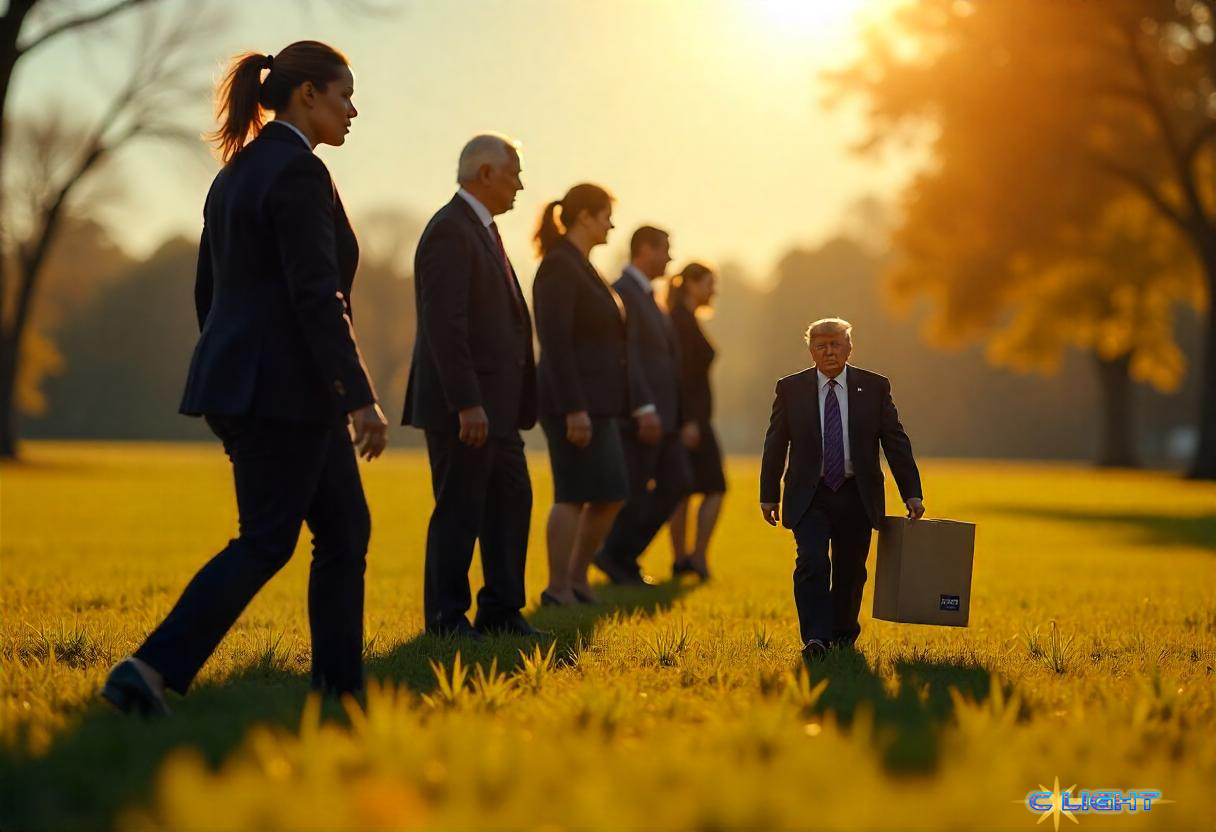Last month, we discussed the executive order signed by President Felonious Punk that threatened to harm voting rights across the nation. We said then that resistance was necessary, but that was back on March 26, and we’ve not heard another word about them since then. Like many of Punk’s executive orders, this issue threatened to fall between the cracks without any challenge.
Thankfully, some of the nation’s governors are paying attention. Yesterday (April 3), attorneys general from Arizona, California, Connecticut, Colorado, Delaware, Hawaii, Illinois, Maryland, Maine, Massachusetts, Michigan, Minnesota, Nevada, New Mexico, New Jersey, New York, Rhode Island, Vermont, and Wisconsin filed a lawsuit calling the executive order “an unconstitutional attempt to seize control of elections” that will create barriers to voting that could disenfranchise millions.
Game on.
The challenge ultimately being made comes down to who has control of the elections. Governors happily point out that the Constitution gives the states the ability to control all elections, including federal elections, and holds them responsible for the safety of that vote. Governors don’t want to lose that power under any circumstances.
The White House, on the other hand, claims that they’re concerned that the states aren’t doing enough to prevent non-citizens from voting. Voter fraud has been one of Punk’s biggest issues since the 2016 election, despite the fact that no accounts of massive voter fraud have ever been proven. In fact, when fraud has been discovered, it has always been at the hands of Republicans.
Three other federal lawsuits have already been filed this week against the executive order. All are assigned to U.S. District Court Judge Colleen Kollar-Kotelly in Washington, D.C. who ordered Thursday that the three suits will be consolidated and will proceed together.
Rhode Island Attorney General Peter Neronha said the Trump administration is requiring states to either comply with an unconstitutional order or lose congressionally approved funding, something he said the president has no authority to do. “In one fell swoop, this president is attempting to undermine elections and sidestep the Congress, and we’re not going to stand for it,” he said.
Yes, Congress does have the constitutional authority to make changes in the electoral law. However, the only involvement on the part of the President would be signing such a law. The Constitution makes absolutely no mention of any kind, not even a hint, that allows the President any authority over elections.
Attorney General Aaron Ford praised Nevada’s automatic systems for registering voters and distributing mail ballots. “While this order is on its face unconstitutional and illegal, it is also unnecessary,” he said. Over the past 20 years, states have invested billions of dollars in updated voting equipment to keep elections streamlined and fair. The requirements listed in the executive order would require most states to spend even more on completely new systems before next year’s midterm elections take place.
Under the order, documents acceptable to prove citizenship would be a U.S. passport, a REAL ID-compliant driver’s license that “indicates the applicant is a citizen,” and a valid photo ID as long as it is presented with proof of citizenship. That might sound reasonable when heard as a news bite, but the reality is quite different. Only 50% of US citizens own a passport, and not all REAL ID driver’s licenses meet the qualifications for proving citizenship.
Women take the biggest hit as anyone who has changed their name, such as what normally happens when a woman gets married, will need multiple proofs in order to prove citizenship. The cost of obtaining that proof amounts to a poll tax, which the Constitution says is illegal.
The group of suits carry a lot of weight with support from both Senator Chuck Schumer and House Minority Leader Hakeem Jeffries. Expectation on the Hill is that Judge Kollar-Kotelly will likely side with the states and may issue a temporary injunction against the order, as we’ve seen happen with other executive orders the President has signed. The Department of Justice would almost certainly appeal, hoping that the case would make it to the Supreme Court, where long-standing voting rights have not been treated well.
Understand that these are your rights that are being batted around. Who gets to vote and how they vote is an issue that could all too easily change the makeup of Congress in the midterm elections. Don’t take your eyes off this case. The Constitution has promised you the right to vote. The President has no business taking that away.
Discover more from Clight Morning Analysis
Subscribe to get the latest posts sent to your email.










